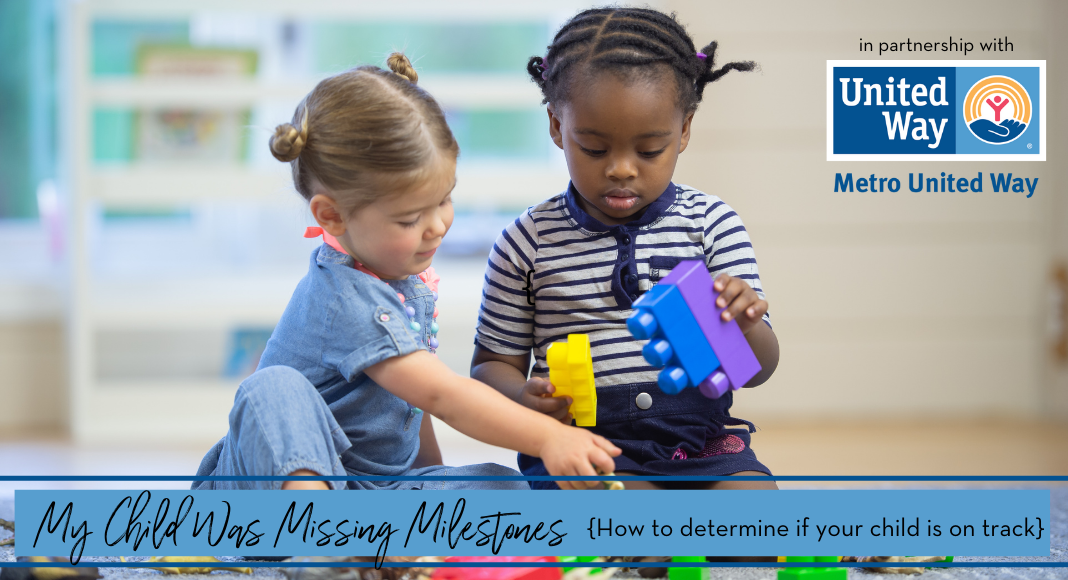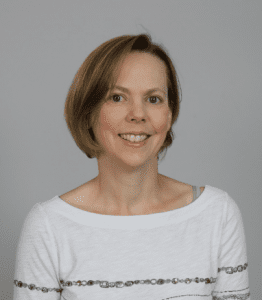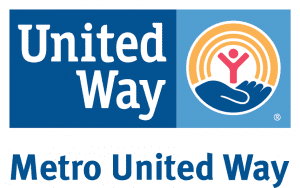
When my son was 8 months old, something about his development just didn’t seem quite right. I was a fairly new mom. I didn’t know much about milestones, or what he should be doing and when. He could roll back to front, but not front to back. He could sit up but couldn’t get to a sitting position. He made noises and mimicked syllables but didn’t have any real sounds other than grunts. I kept telling myself – “he’s a boy”, “he’s a second child”, “he’s just more laid back than my daughter”. I was making every excuse in the book. Then one day, I was out at a playgroup and I sat him down next to another child his same age and realized – something wasn’t right. My child was missing milestones. This is where something like the Ages & Stages Questionnaires (ASQ) would have been very helpful. I would have been able to recognize that my child was missing milestones like rolling, grasping, and making the appropriate sounds, or reassured, he was just fine.
I didn’t know what to do or whom to ask.
My pediatrician seemed to think he was ok, yet my mom instinct was telling me to look further. At first, I thought maybe he was autistic but he was very social, tried to make us laugh, and made eye contact. After lots of doctors’ appointments and testing, we determined that my son was partially deaf. He could hear but only very loud noises. When they told us the news, I heard “he’s partially deaf” and nothing else. The audiologist must have talked for another five minutes but to this day, I still have no idea what she said. We were sent home with no instructions and no paperwork, and we were left to our own devices to navigate early intervention (a word I didn’t even know).
As we began our new journey, the emotions were high. Words like intervention, cochlea, sensorineural, bilateral, and many acronyms were thrown at us. Conditions, diagnosis, and possible complications overwhelmed us. We finally learned what early intervention was and were connected to the right people, but it took months. I vowed to not let any other parent walk this journey alone.
Children missing milestones is more common than I ever realized.
It’s estimated that 15% of our children under the age of three are missing milestones, yet only 20% of those children are receiving the help they need. In addition, only about 50% of our children are entering kindergarten ready.
Metro United Way’s Developmental Screening Hub can help you discover your child’s strengths, what skills you could be working on at home, and can help reassure you or connect you to any needed services such as speech therapy, physical therapy, etc. (early intervention). By playing some fun games with your child and answering some simple questions, you can learn the skills that your child has or areas that you could encourage. By trying the skills, you will learn what is age-appropriate for your child. Trained coordinators such as myself can guide you through the intervention process if it’s necessary or reassure you that your child is doing exactly what he or she should be! The coordinators will help you to learn about the next milestones and how you can encourage your child’s development by providing activities specifically for your child’s age or strengths, or your concerns. We will continue to support you throughout your child’s early years by providing additional questionnaires every three to six months until they reach five years of age. We connect with families between questionnaires to answer any questions or help you with any needs.
Best of all, your child will receive a free book each time you compete a questionnaire!
If you know anyone who is concerned about how their child is growing, learning, talking, or walking – or simply wants a free book, encourage them to complete a questionnaire! It’s fun, easy, and FREE! www.metrounitedway.org/ASQ













